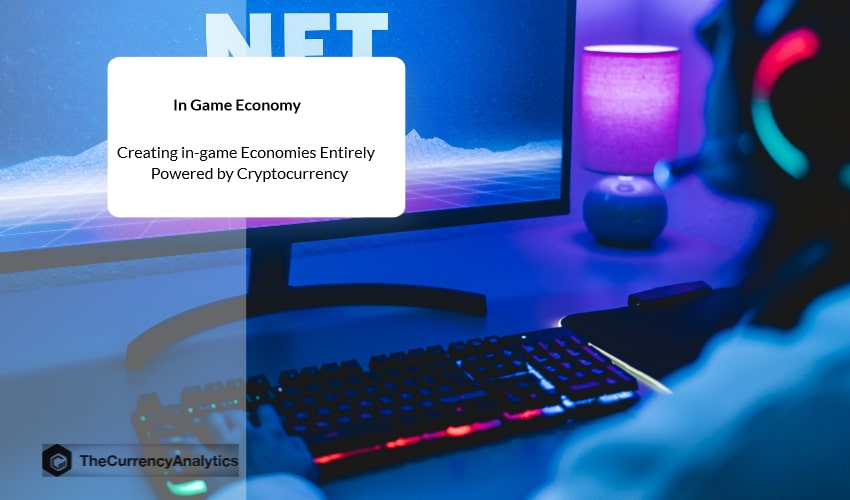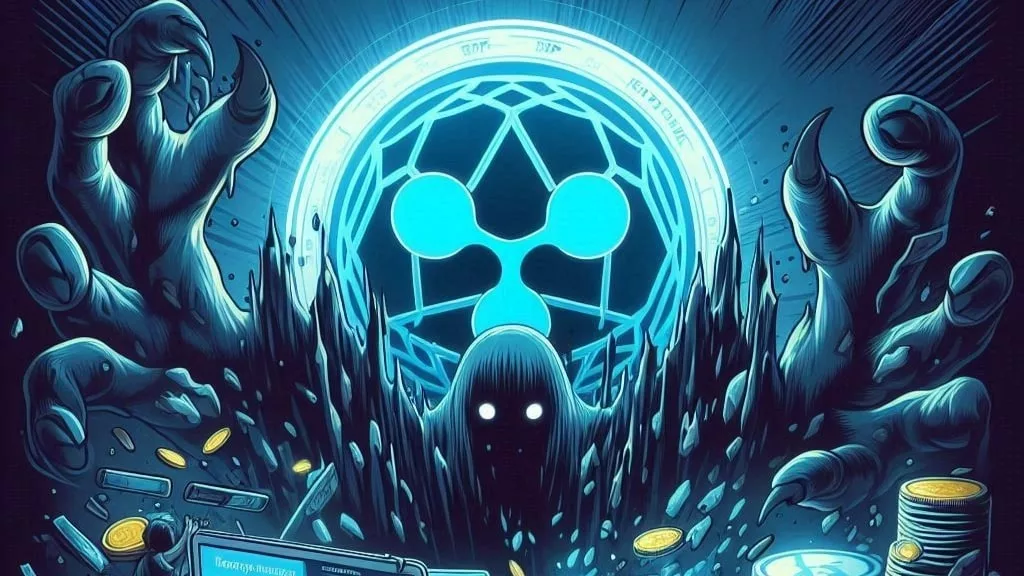
The online gaming industry is driving the growth of the blockchain to unprecedented heights. In-Game economies are created by: 1. Determining basic game Values. 2. Defining the investment and non-investment resources. 3. Building a cost system. 4. Creating deficit and surplus. 5. Decomposition.
In-Game Currencies
In-game currency is the term used to denote money that is used within a game to buy items, tools, or unwrap player packs. Gaming companies monetize a game by using in-game currencies and these game currencies using cryptocurrency are mostly used to push the player toward buying more and more.
NFTs as In-Game Currencies
The P2E industry known as Play-to-Earn is rapidly growing. NFTs can be used to claim ownership of in-game items and to sell or trade them. NFTs as in game currencies work as great incentives for players and therefore the industry is growing rapidly.
Cryptocurrency is Used to Purchase Characters and Weapons
Cryptocurrency is used to purchase characters and weapons. Also, players complete their tasks in the game they earn cryptocurrency or NFTs.
The game economy consists of expenditure system, acquisition, and resource distribution. The virtual economy is different from real economy. The success of game economy depends on the design facilitated by game economists. The game design, structure of the internal economy, and reward structure in software games determine the popularity and adoption of games.
Game Players and Revenue Opportunities
Game players who play games using cryptocurrencies are looking for revenue opportunities. Behavioral economics consists of elements of economics and psychology, which helps them understand how and why people behave the way they do in the real world. People have preferences based on their self-interest and they base their decisions based on those preferences.
Game players continue to play to the next level when they win or when they are able to win a particular reward. This is a kind of behaviour economics. Some of them play more even after they lose to win back what they lost. Whatever keeps the players to continue playing is an important business element to create in-game economies.
Game developers try to understand the needs of their clients and they come up with unique business plans and gaming solutions to keep players continue to be playing in the game.
Game developers do a lot to ensure they stick with the game even when they have maxed out their level. Thus, keeping the game economics going ahead.

Get the latest Crypto & Blockchain News in your inbox.